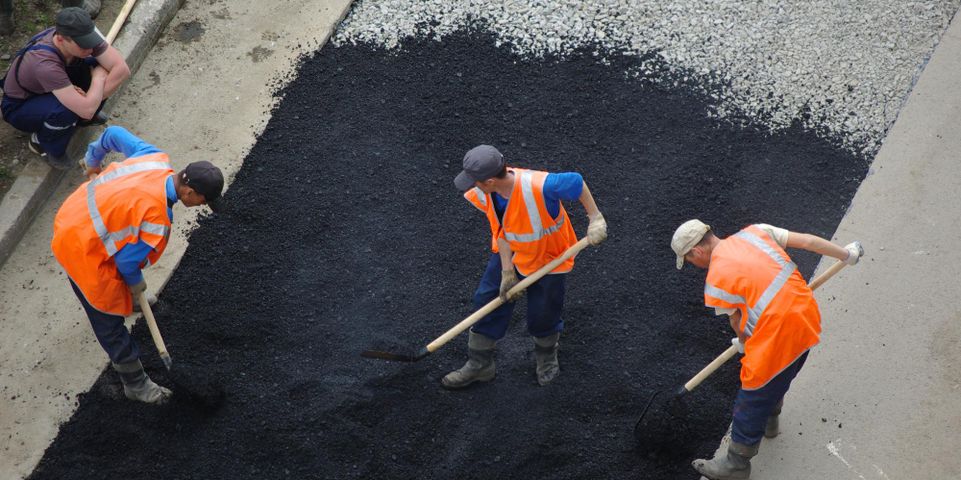5 Answers to FAQ About Sealcoating

Routine maintenance is essential for making your pavement last longer, and that includes regular sealcoating. The process of sealcoating adds a coating to the blacktop surface to protect it against harsh elements and slow down deterioration. Below are a few aspects you should know about it.
Common Sealcoating Questions
How does it work?
When the sealer or coating is applied, it sits on top of the pavement and serves as a barrier against water, fluids, UV rays, salt, fuel, and other corrosive chemicals. Sealcoating companies use a brush, squeegee, or spray equipment to put the sealer on the surface, often applying two or three coats, especially in areas with high traffic.
Remember that sealcoating cannot repair issues like extensive cracking, weakened sub-base, or thin pavement layer.
What comprises an asphalt sealer?
An asphalt sealer often consists of coal tar, water, emulsifiers, and additives mixed in to improve the formula. Some additives speed up drying times, minimize marks, improve durability, and darken the appearance to better mask spots and stains. Also, many contractors add sand to the mixture for better slip resistance and increased longevity.
Do I need to prepare my pavement?
 Before sealcoating, keep the surface clean and free from dirt, loose material, vegetation, and other debris. Use a wire broom or high-pressure blowers to remove any buildup or foreign matter. Fill cracks and treat oil, grease, and petroleum spots with a bonding agent for proper adhesion of the sealer.
Before sealcoating, keep the surface clean and free from dirt, loose material, vegetation, and other debris. Use a wire broom or high-pressure blowers to remove any buildup or foreign matter. Fill cracks and treat oil, grease, and petroleum spots with a bonding agent for proper adhesion of the sealer.
When will the pavement be usable?
It takes 24 hours for the sealer to cure under the right temperature and humidity conditions. Refrain from sealcoating the surface if there’s a high chance of rain in the next 24 hours. Barricade the freshly coated area to prevent usage before completely drying and curing.
How often should it be done?
The frequency of sealcoating your pavement depends on the amount of traffic and weather conditions. For commercial areas with high traffic such as parking lots and driveways, you should reseal once a year. The interval, however, is longer for homes—every two to three years is a standard frequency.
For the best results on sealcoating, count on Professional Asphalt Services, Inc. As the trusted asphalt contractor in Long Lake, MN, they’ve offered top-notch pavement maintenance and installation services throughout Minneapolis and St. Paul for over 25 years. They only use FAA- and DOT-approved materials and offer warranties on their work. Call (612) 636-8888 to request an estimate or visit them online today for more information about their services.
About the Business
Have a question? Ask the experts!
Send your question

